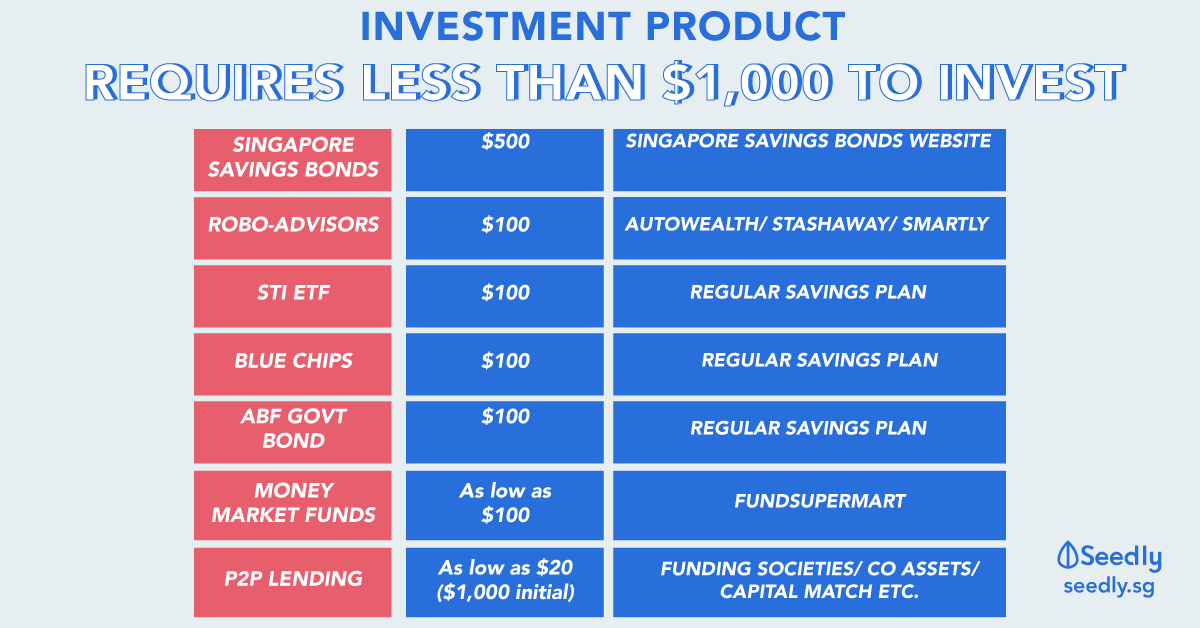Advertisement
CPF Investment Scheme Does the investment products approved/endorsed by CPF Board classify as better Investment product and less risk? What are the advantages as compared to using cash ?
CPF IS Feature & Benefits
5
Discussion (5)
Learn how to style your text
Reply
Save
Sharon
10 Sep 2020
Life Alchemist at School of Hard Knocks
Hmm, being endorsed by CPF Board doesn't mean the products are better. I'd like to think that they just did more research to ensure there's less probability of the products going into insolvency. LOL. 😂
Just to share my personal experience:
I invested my CPF-OA is because I believe over decades long horizon, the investment is able to beat the 2.5% return. Since I use OA to pay off my bank loan and my OA amount is getting lesser, looks like 2.5% interest rate is getting nowhere fast to "earn" back the monthly loan repayment paid.
So I decided to invest a lump sum, leaving half to ensure I have enough to repay for 4 years - a bit kiasu but things could happen (like no income) and I don't like to think of liqudating my good investments at a profit or loss (If it happens, I'll be real pissed at myself). I intend to invest for a few decades.
On a balance sheet, stocks are considered cash equivalents (liquid assets). Meanwhile, monthly loan repayments are liabilities. You will want to ensure the cash and cash equivalents grow at a faster rate than the liabilities.
What you choose to invest in is the most important.
If you invest in a mediocre company, then your investment will go just nowhere. I just find that the stocks in the Singapore market (sorry to say this, SGX) are not suitable for capital growth appreciation.
If you want to collect dividends, it may be suitable. But then again, where do the companies get their dividends?
Their revenue must increase and the bottom line must also increase. If they're facing too much headwinds in the macro environment - revenues drop and the expenses just keep increasing, the profits are being squeezed left, right and centre.
So ultimately, at the end of the day, I find that we will just go back to looking at capital growth again.
Of course, they can borrow money to dish out the dividends, but I'll stay far away from this kind of company because it's unsustainable.
Hence, my decision to invest with Endowus on 23 Jun, as the portfolio is exposed to a global market - US, Emerging and Asia (ex-JP). I chose 60% stocks / 40% bonds. So far, it has done well - I'm seeing that the profits can cover about 3 months of repayments so far.
If I have done nothing, the cash will just be sitting there.
Well, that's my personal experience. Please do your own due diligence and read widely. Hope this helps!
Reply
Save
Hey there!
There are many CPFIS products out there and the key reason for using it in general is to...
Read 1 other comments with a Seedly account
You will also enjoy exclusive benefits and get access to members only features.
Sign up or login with an email here
Write your thoughts
Related Articles
Related Posts
Related Posts
Advertisement








Trying to answer simply.
In general, yes the items that you can invest under CPF OA will be of lower risk (than general), and of lower cost (from funds / fees point of view).
Not sure of the right language, so will give examples
not all sgx counters are approved for investment using CPF IA. some small cap are already not approved, but it won't be perfect - for example the Hyflux perpetual bonds are approved for investment under CPF IA and we know on hindsight that they tanked.
for funds, I believe they take the morning star reports, and also look at the funds expense ratios. Those have high expense ratios are not approved under the CPF IA.
So better / lower risk? - generically I should say yes, but its not that much better or lower risk. But from my viewpoint, I guess they come up some criteria that will filter out the worst of the worst, but the criteria is not strict enough to filter out those that are "below average" or sub-par.